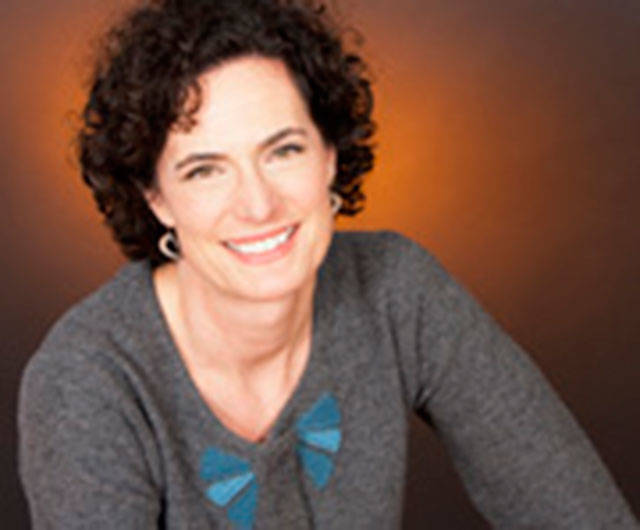What would you do if you saw someone choking or having a heart attack? Chances are, you would run to their aid, call 911 and, if trained, attempt CPR.
Now, suppose you saw a friend in emotional distress, having a panic attack or abusing drugs. Don’t want to get involved? It’s not your business? It’s too personal?
That’s where Mental Health First Aid comes in, educating our community on how to reach out and help those around us who may be struggling with suicide, mental illness or substance abuse. Call it CPR for the mind.
It’s part of a nationwide movement to help people recognize and respond to mental health emergencies. The National Council for Behavioral Health has trained more than 1 million people — 24,000 in Washington state — in its Mental Health First Aid courses throughout the country, including one that Bainbridge Youth Services hosted at Bainbridge High School recently. The program was put on by the Olympic Educational Service District with grant support facilitated by the state’s Project Aware program.
Mental Health First Aid offers courses geared both for youth and adults. The Youth Mental Health First Aid, which was the program BYS hosted, is designed to teach parents, family members, caregivers, teachers, school staff, peers, neighbors, health and human services workers, and other caring citizens how to help an adolescent (age 12-18) who is experiencing a mental health or addictions challenge or is in crisis.
The campaign’s goal is to take the fear and hesitation out of starting conversations about mental health and make mental health first aid as common as CPR training. (The American Heart Association and the Red Cross train more than 20 million Americans each year in CPR.)
“Why is it that we don’t hesitate to help someone who is having a heart attack but don’t want to interfere when it’s a mental health crisis,” said BYS Program Coordinator Fiona Stanton, one of more than a dozen people who attended the eight-hour Youth Mental Health First Aid session at the high school.
BYS Education Specialist Susanne Schneider said the Mental Health First Aid training gave her the skills and technique to be confident enough to help students in distress. “I learned that my instincts of how I would naturally handle a stressful situation are not wrong, but that there are concrete, sequential steps I can and should take to assess and handle a crisis until the professionals get there and take over,” she said. “Knowing those steps make me more comfortable to handle a difficult situation.”
The Mental Health First Aid program teaches a five-step action plan, known by the life-saving acronym, ALGEE. Here are the steps:
A: Assess for risk of suicide or harm
Some warning signs include: threatening to hurt or kill oneself, seeking access to means to hurt or kill oneself, talking or writing about death and feeling hopeless.
L: Listen non-judgmentally
Mental Health First Aid teaches you to use verbal and nonverbal skills such as open body posture, comfortable eye contact and other strategies to take part in appropriate conversation.
G: Give reassurance and information
Mental Health First Aid provides information and resources you can offer to someone to offer emotional support and practical help.
E: Encourage appropriate professional help
Types of professionals include: primary care physicians, psychiatrists, social workers, counselors and certified peer specialists. Types of professional help include: talk therapies, medication and other professional supports.
E: Encourage self-help and other support strategies
People with mental illness can support their own recovery and wellness through: exercise, relaxation, meditation, participating in peer support groups and self-help books.
The Mental Health First Aid course was created in Australia in 2001 by Betty Kitchener, a nurse specializing in health education, and Anthony Jorm, a mental health literacy professor. In 2008, the program was brought to the U.S. and is operated by the National Council for Behavioral Health in partnership with the Missouri Department of Health.
For more information, contact BYS at info@bainbridgeyouthservices.org or the Council on Behavioral Health: www.mental healthfirstaid.org/mental-health-re sources.
Dr. Cezanne Allen is executive director of Bainbridge Youth Services.



